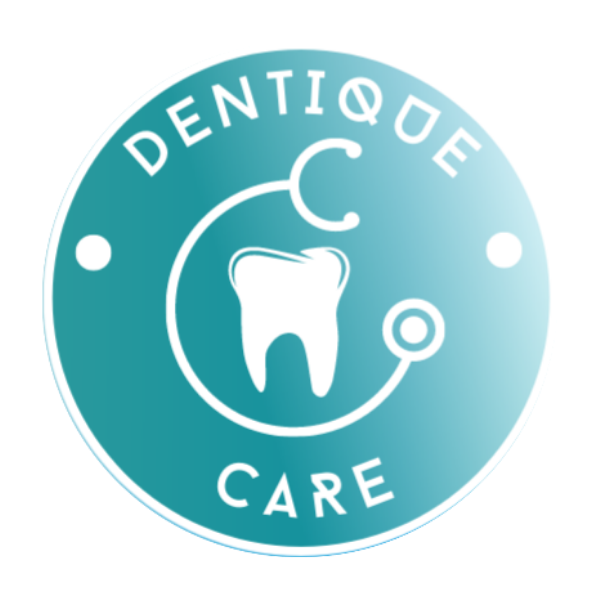- Home
- Gum Disease Treatment In Lucknow

Periodontist for Gum Disease Treatment in Lucknow
Solutions for Gum Disease Treatment in Lucknow: Find the listing of dentists in Lucknow performing Gum Disease Treatment. Visit Dentique Orofacial Care dental services on offer, work hours, and also check the affordable range in dental charges for Gum Disease Treatment in Lucknow, Uttar Pradesh.
Comparing the availability of the latest dental technology and facilities at Lucknow dental clinics has its own merits, more so in dental tourism. An image gallery may present a look at their case studies in Gum Disease Treatment or similar other dental procedures performed regularly. Achieve oral well-being as your smile deserves the very best!
Gum Disease Treatment in Lucknow
Gum disease is an infection of the tissues that hold teeth in place. It's typically caused by poor brushing and flossing habits that allow plaque (a sticky film of bacteria) to build up on the teeth and harden. Symptoms of gum disease include bad breath, red or swollen gums, tender or bleeding gums, painful chewing, sensitive teeth. Causes of gum disease are diabetes, hormonal changes, medications that lessen the flow of saliva. Gum diseases are treated by dental surgeons or dentists.
A dental surgeon is a specialist whose practice is in the field of dentistry. A dentist or a dental surgeon is a doctor who is specialized in diagnosing, preventing, and treating problems related to the oral cavity (teeth and jawbones). A dentist is a trained and qualified doctor who treats all teeth-related conditions such as teeth pain, gum care, Bad Breath, tooth decay, gum diseases, mouth sores, fever blisters or cold sores, Stained Teeth, Cavities, Chipped Tooth, impacted teeth, cracked tooth, Tooth Sensitivity, toothache, gingivitis, periodontitis, oral cancer, mouth sores, tooth erosion, tooth sensitivity, crooked teeth, gap between teeth, unattractive smile, Wisdom Teeth Problem, and dental emergencies, etc. Patients can consult online with dentists for non-emergency dental problems, dentist advice, for the second opinion of a dentist, and for follow-up cases.
When to Consult Dentists Online for Periodontal Disease
- Patients should consult a dentist when they experience the following signs and symptoms: Whitish or chalky patches on the tooth surface, bleeding gums, bad breath, grayish-white plaque buildup on the teeth, small and black pits on the tooth surface.
- They may also seek a second opinion for mouth and teeth related diseases.
Periodontal Treatment in Lucknow
Gum disease, also known as periodontal disease, is an infection of the gums surrounding your teeth. It is one of the top reasons for tooth loss in adults, and because it is virtually pain-free, many patients do not know they have the disease. At our clinic, Dentique Orofacial Care, we check for signs of periodontal disease by measuring the space between your teeth and gums.
What Causes Gum Disease?
Gum disease is caused by a buildup of plaque (a sticky form of bacteria that forms on the teeth). If the plaque is not removed (by flossing, brushing, and regular dental checkups), it will continue to build up and create toxins that can damage the gums. Periodontal disease forms just below the gum line and creates small pockets that separate the gums from the teeth.
Periodontal disease has two stages: gingivitis and periodontitis
- Gingivitis: This is the early stage of gum disease when the gums become red and swollen, and bleed easily. At this stage, the disease is treatable and can usually be eliminated by daily brushing and flossing.
- Periodontitis :If left untreated, gingivitis will advance into periodontitis, and the gums and bone that support the teeth will become seriously and irreversibly damaged. Gums infected with periodontitis can cause teeth to become loose, fall out, or be removed by a dentist.
Certain factors can increase a patient’s risk of developing periodontal disease, including:
Teeth braces correct the alignment of your teeth. They:
- Smoking or using chewing tobacco
- Diabetes
- Certain types of medication such as steroids, anti-epilepsy drugs, cancer therapy drugs, calcium channel blockers, and oral contraceptives
- Bridges that no longer fit properly
- Crooked teeth
- Old fillings
- Pregnancy

